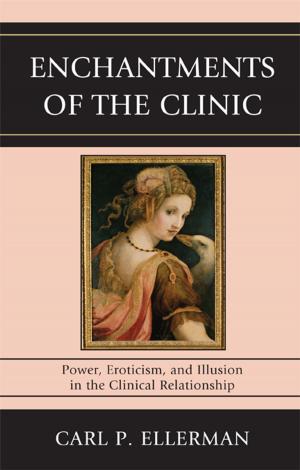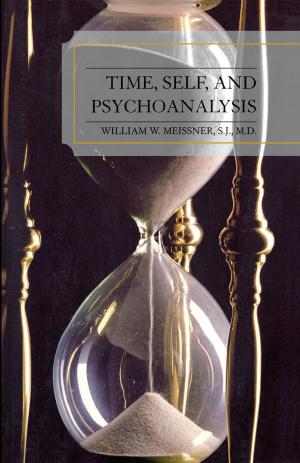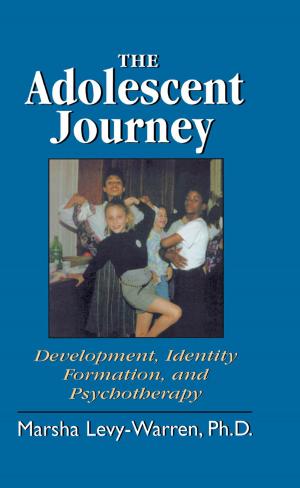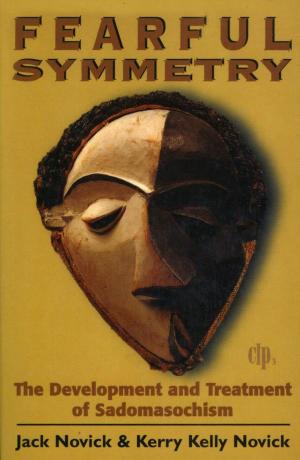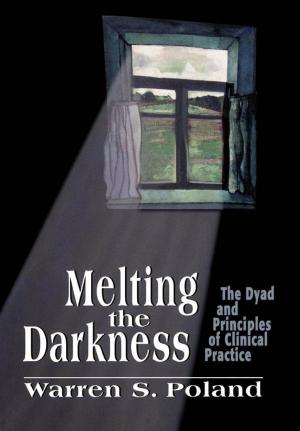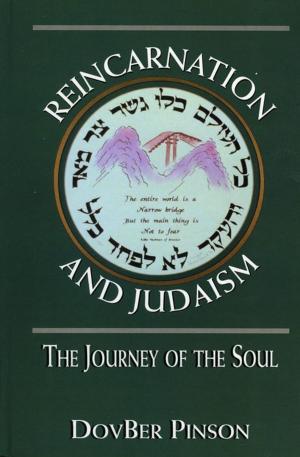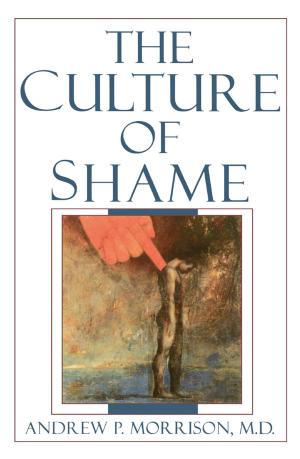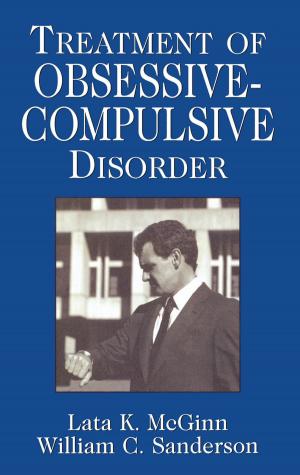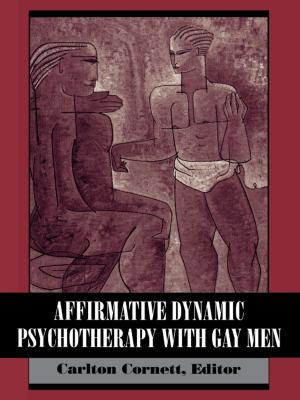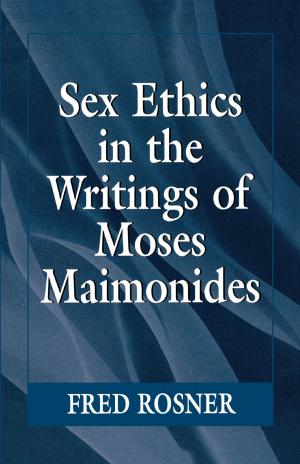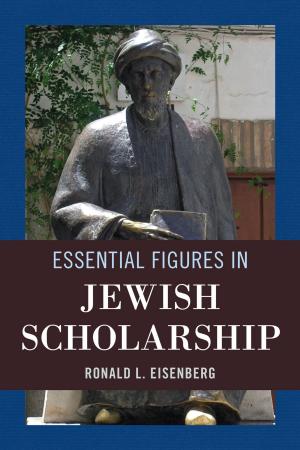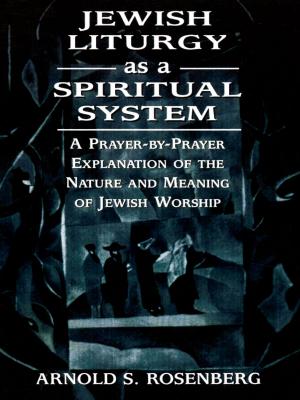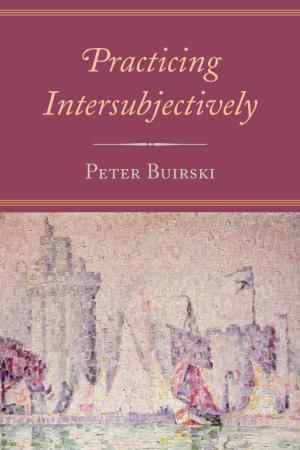The Road to Unity in Psychoanalytic Theory
Nonfiction, Health & Well Being, Psychology, Reference, History, Psychoanalysis| Author: | Leo Rangell M.D. | ISBN: | 9781461631798 |
| Publisher: | Jason Aronson, Inc. | Publication: | December 28, 2006 |
| Imprint: | Jason Aronson, Inc. | Language: | English |
| Author: | Leo Rangell M.D. |
| ISBN: | 9781461631798 |
| Publisher: | Jason Aronson, Inc. |
| Publication: | December 28, 2006 |
| Imprint: | Jason Aronson, Inc. |
| Language: | English |
The theory of psychoanalysis was the breakthrough that defined the intellectual ambience of the 20th century. Two-thirds of the way into the century, the new science peaked and started a steep decline. While many look to external factors, or more recently to internal organizational ones, Dr. Leo Rangell has steadfastly pointed to theoretical fragmentation as the source of the loss of inspiration the discipline previously enjoyed.
The Controversial Discussions need to be superseded by Discussions of Controversies. The British attempt at mid-century, with its outcome far from logical or inspiring, had best be followed by reparative discussions throughout the analytic world, with human impediments met and dissolved, for as long as it takes. The ideational issues that divide are few and finite in comparison to the breadth of the consensual base. Dr. Rangell traces the mixture of ideas and people intrinsic to the history of splits, and describes a total, cumulative, composite theory aiming toward internal coherence in the service of survival and the future of the science.
The theory of psychoanalysis was the breakthrough that defined the intellectual ambience of the 20th century. Two-thirds of the way into the century, the new science peaked and started a steep decline. While many look to external factors, or more recently to internal organizational ones, Dr. Leo Rangell has steadfastly pointed to theoretical fragmentation as the source of the loss of inspiration the discipline previously enjoyed.
The Controversial Discussions need to be superseded by Discussions of Controversies. The British attempt at mid-century, with its outcome far from logical or inspiring, had best be followed by reparative discussions throughout the analytic world, with human impediments met and dissolved, for as long as it takes. The ideational issues that divide are few and finite in comparison to the breadth of the consensual base. Dr. Rangell traces the mixture of ideas and people intrinsic to the history of splits, and describes a total, cumulative, composite theory aiming toward internal coherence in the service of survival and the future of the science.

